To provide the best experiences, we use technologies like cookies to store and/or access device information. Consenting to these technologies will allow us to process data such as browsing behaviour or unique IDs on this site. Not consenting or withdrawing consent, may adversely affect certain features and functions.
The technical storage or access is strictly necessary for the legitimate purpose of enabling the use of a specific service explicitly requested by the subscriber or user, or for the sole purpose of carrying out the transmission of a communication over an electronic communications network.
The technical storage or access is necessary for the legitimate purpose of storing preferences that are not requested by the subscriber or user.
The technical storage or access that is used exclusively for statistical purposes.
The technical storage or access that is used exclusively for anonymous statistical purposes. Without a subpoena, voluntary compliance on the part of your Internet Service Provider, or additional records from a third party, information stored or retrieved for this purpose alone cannot usually be used to identify you.
The technical storage or access is required to create user profiles to send advertising, or to track the user on a website or across several websites for similar marketing purposes.
 A new poll suggests that younger people are increasingly seeking a return to office working, as large numbers report that remote work has left them feeling lonely and disconnected. The survey from Bupa, based on responses from employees aged between 16 and 24, found that around 40 percent say they feel lonely when working from home. Many of those in this group began their careers during the pandemic, with limited experience of office-based work and the informal social interactions that accompany it. (more…)
A new poll suggests that younger people are increasingly seeking a return to office working, as large numbers report that remote work has left them feeling lonely and disconnected. The survey from Bupa, based on responses from employees aged between 16 and 24, found that around 40 percent say they feel lonely when working from home. Many of those in this group began their careers during the pandemic, with limited experience of office-based work and the informal social interactions that accompany it. (more…)










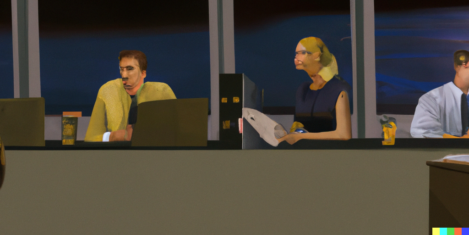
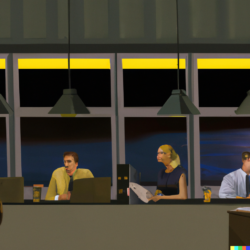

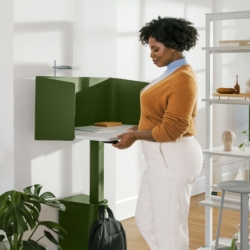
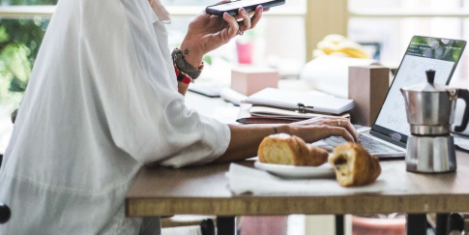





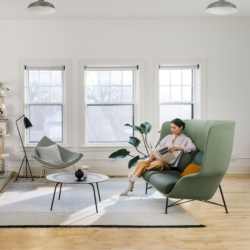











April 9, 2025
Supporting employees with brain injuries: key tips for employers
by Ipek Tugcu • Comment, Wellbeing